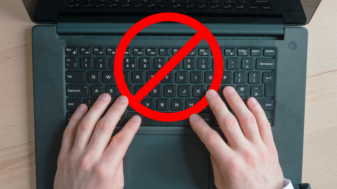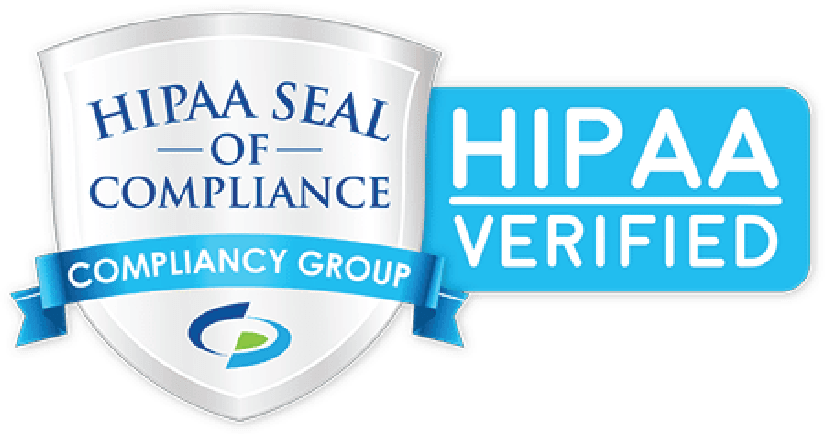It came to light yesterday, through a suit filed in federal court, that the email of an Aspire Health employee was hacked this month and that lead to 124 emails being forwarded outside of the organization to a Gmail account. Aspire Health has not disclosed the content of those emails publicly but no doubt some contained protected health information. The suit has been filed against the unknown hacker and Google is being subpoenaed to provide identifying information about the eastern European attacker.

Here are four actions your business can take now to prevent this same type of phishing attack from being successful against one of your employees:
- Make sure you are using modern authentication in Office 365
- Enable two-factor authentication (multi-factor authentication) in Office 365 using the Microsoft Authenticator app or other third-party apps
- Block access to your Office 365 tenant based on the country using conditional access policies
- Disable auto-forward rules for remote domains in Exchange Admin Center in Office 365
If your business needs help to implement these security measures within Office 365, please reach out to us for guidance.




